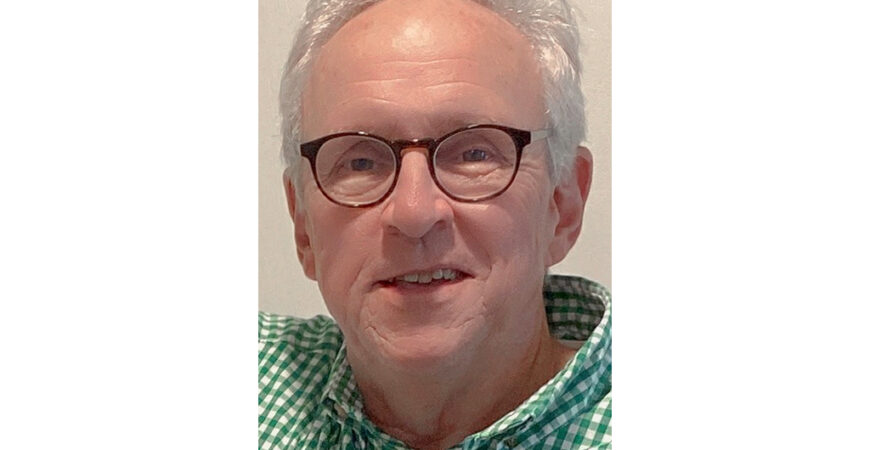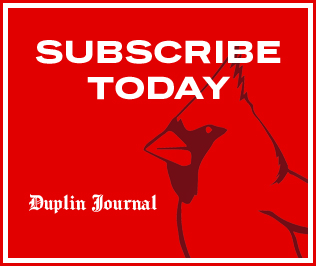On April 16, 1963, Dr. Martin Luther King, Jr. sat in a jail cell, arrested for leading a non-violent demonstration. The peaceful protestors were met with firehoses and police dogs. Dr. King wrote his “Letter from a Birmingham Jail” to the local religious leaders who called his activities “unwise and untimely.” He hoped the white religious leaders would “see the justice of our cause and with deep moral concern, would serve as the channel through which our just grievances could reach the power structure.”
Dr. King voiced his disappointment because “I have heard numerous southern religious leaders admonish their worshipers to comply with a desegregation order because it is the law, but I have longed to hear white ministers declare: ‘Follow this decree because integration is morally right and because the Negro is your brother.’”
Dr. King’s letter echoes one of Jesus’s parables. A lawyer asked what he must do to inherit eternal life. When Jesus asked what he had read, the lawyer said, “Love the Lord your God and your neighbor.” Although commended for his answer, the lawyer asked, “Who is my neighbor?” He wanted to know what the law required. Instead of giving a legal answer, Jesus told a story about a Samaritan helping his enemy (religious, cultural, racial) and then said, “Go and do likewise.”
The idea for this article came to me as my wife and I ate lunch in a local Mexican restaurant. As I looked around the crowded dining room, I wondered how many people who enjoy eating at Mexican restaurants also complain about “all those Mexicans” (even if they’re not all from Mexico) in our community.
The same might also be said about the Chinese restaurant in Wallace. As the parent of two Korean children, I witnessed firsthand the bullying and prejudice that came from our children simply looking different from the majority. In the first months of the COVID pandemic, our son came home from New York City for 10 weeks because of the anti-Asian sentiment and threats.
I recently participated in an online Bible study about the creation story in Genesis 2. We focused on the question, “Where do you come from?” — something we often ask in the South. The creation story tells us we all come from God, no matter our differences. When asked one way, the question can shut down possibilities of strengthening community (“You’re not from around here, are you?”).
Asked another way, the question can help us discover what we have in common as human beings and enrich our community. On Christmas Eve, my wife and I worshiped at a church in Wilmington. The worship leader prayed, “Lord Jesus, we have been waiting for you all along. We rejoice in the light that still shines in the darkness.
Make us peace builders, Lord Jesus, prince of peace. Stir us up, show us how.” In other words, as Dr. King wrote, show us how to do what is morally right, not just what is legally required.
Philip Gladden is a retired Presbyterian Church (U.S.A.)
minister who lives in Wallace, NC.
He can be reached at gladdenphilip620@gmail.com.
 Twitter
Twitter Facebook
Facebook Instagram
Instagram





